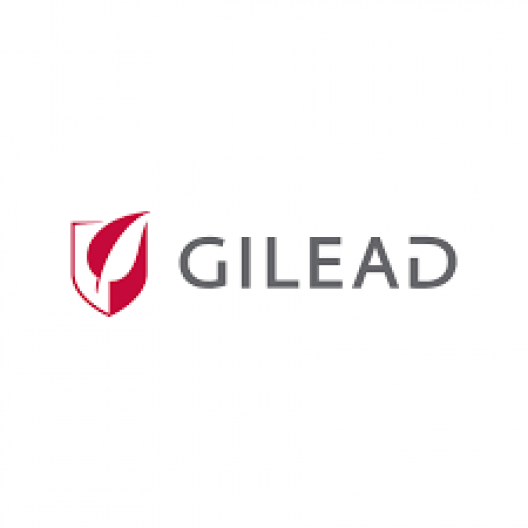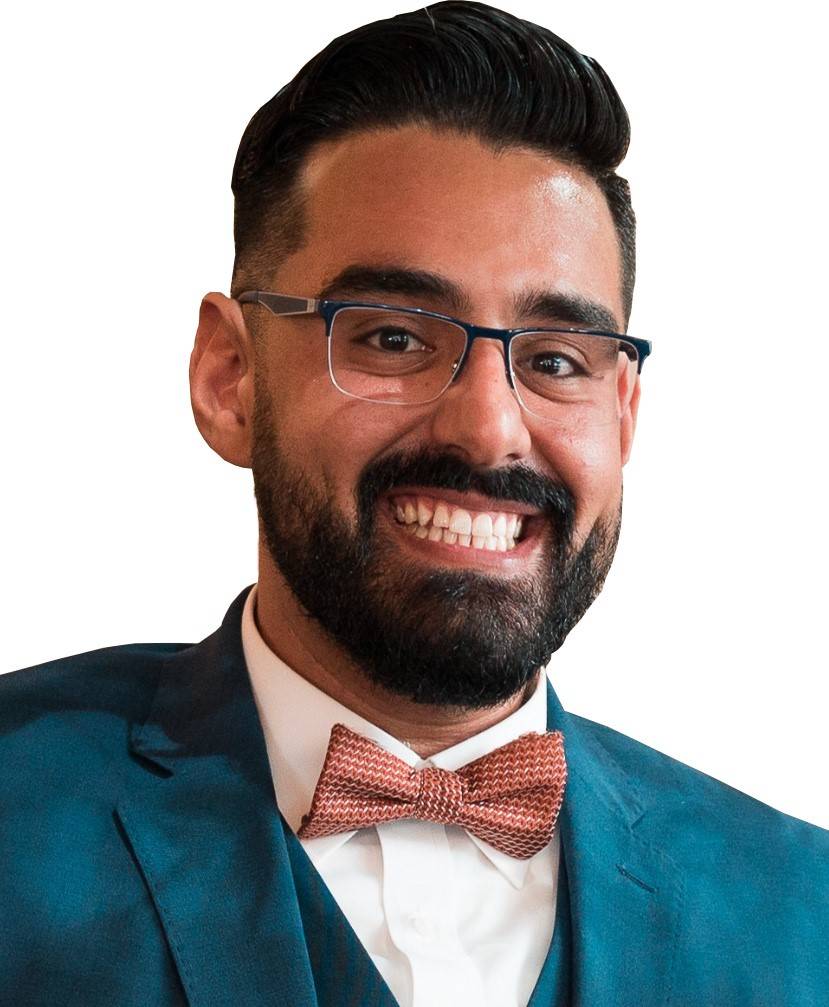
Mike Alonso on World AIDS Day: “Kindness Is Always at the Core of Allyship”
Culture
December 1st marks World AIDS Day, and we want to raise awareness of the HIV epidemic. We want to share stories from people working in the HIV sector and professionals who work to ensure that their workplaces are inclusive of people with HIV.
This is Mike Alonso's story.
Hi Mike - thanks for chatting with us! Can you tell us about yourself?
My name is Mike Alonso, and I’m a Community Liaison for Gilead Sciences, Inc. My role is multifaceted; Community Liaisons are responsible for supporting our HIV Business Unit’s commercial priorities, but in a way that is unique and unduplicated. We work with everyone that is involved in the care continuum for both PrEP and HIV. We are educators, facilitators, and connectors. Community Liaisons also have the distinct privilege of being able to conduct disease state education directly to patients and consumers. Lastly, we are the face of Gilead’s HIV franchise in our respective communities.
Have you ever experienced HIV stigma?
Yes, I have experienced HIV stigma; it would be weird not to. HIV (and AIDS) carries with it a four-decade-long history rooted in trauma, marginalization, misinformation, and fear. All these things (and many others) are at the source of stigma, and unfortunately, despite the amazing work of so many individuals, organizations, and initiatives, the stigma persists. I would say it is important to normalize this chronic, manageable condition by continuing to talk about it and positively talking about sex.

What does World AIDS Day mean to you?
World AIDS Day, to me, means a time to celebrate how far we have come and to honour the legacy of those individuals we have lost along the way. So much of our advancements in therapies and what we know about HIV/AIDS comes from brave people who were willing to enrol in clinical trials and put their life on the line. It is important to me because it is also an opportunity to continue to raise awareness about HIV/AIDS, which so oftentimes is ignored in mainstream media and community engagement.
Why is it important to be having conversations about HIV in the workplace? How do you have such a conversation?
This is a tricky one. I mean, no one’s personal medical information should be a topic of conversation in the workplace unless an individual chooses to share this. Because I’ve worked in the sexual health and HIV space for 18 years now, I can think of situations where people have openly asked me if I had HIV. I can’t recall situations, where I’ve heard co-workers blatantly, ask their colleagues if they had diabetes or high cholesterol (I use these conditions because they are also chronic, manageable, and in many cases, a result of behaviour). The workplace is often bustling with conversations regarding health and wellness of what folks have been reading, what they saw on TV or a post what was on their social media. I think HIV (and by proxy sexual and reproductive health) should be included in these types of health conversations as a catalyst to normalize HIV/AIDS. However, I recommend being mindful of internal policies regarding sexual harassment, as not all workplaces are conducive to these conversations.
What are some myths and misconceptions about HIV that you wish everyone knew?
I truly wish everyone knew (and understood) the science behind the anti-stigma campaign U=U. The slogan stands for Undetectable equals Untransmittable. Essentially, individuals with an HIV diagnosis that have been on treatment and achieved/maintained a suppressed viral load (what is clinically known as undetectable) cannot transmit HIV through sex.
Yes! That’s correct. Effectively, the risk of transmitting HIV through sex if you are virally suppressed or undetectable is zero! This is so essential to not only dismantle HIV-related stigma but hopefully to encourage the mindset of people living with HIV that being on treatment and in care is how they can do their part to end this epidemic.
What does allyship look like to you?
To me, allyship looks imperfect. So often, I observe a divisive nature to allyship. I witness people push away allies that do not agree with every single element of a particular movement. I also notice that oftentimes allies are pushed away because of mistakes they make. I think it is important to remember that we don’t all need to get along perfectly and think in an echo chamber for it to be allyship. We need to feel comfortable being uncomfortable and ultimately working through that discomfort. What I would like to see from allies supporting people living with HIV is curiosity, compassion, advocacy, and, ultimately, a growth mindset. I don’t need to see them “already there,” but more importantly, to see them doing incremental work towards their allyship and, if they are already allies, that they encourage others to be allies as well. In the end, kindness is always at the core of allyship.

